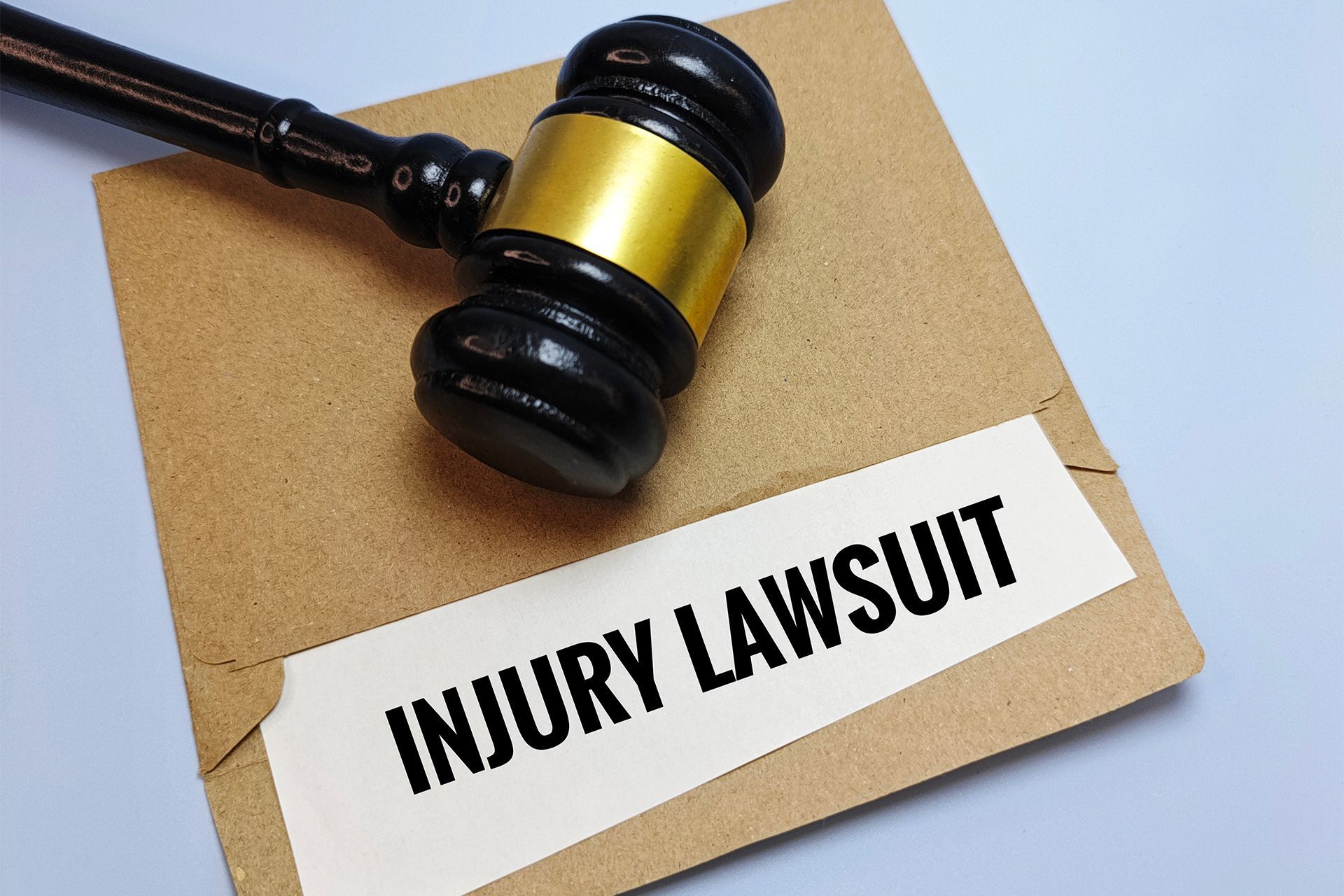Attorney vs Lawyer: Key Differences
When you hear the words “attorney” and “lawyer,” you may think they mean the same thing. Many people use them as if they are the same. But did you know there are some differences between the two? Knowing what makes an attorney different from a lawyer can help you choose the right person when you need legal help.
In this blog, we’ll explain what each title means, how they are used, and why the difference matters. If you’ve ever wondered whether to say “attorney” or “lawyer,” this guide will help clear things up.
What Is a Lawyer?
A lawyer is someone who has gone to law school and studied law. After finishing law school, a person is called a lawyer because they have legal knowledge. Lawyers understand laws, court systems, and how to give legal advice.
However, just because someone is a lawyer does not mean they can go to court or represent someone legally. In many places, a lawyer must pass the bar exam to do that.
What Can a Lawyer Do?
Here are some things a lawyer can do:
- Study and explain laws
- Do legal research
- Help write legal documents (like contracts or wills)
- Give legal advice (if allowed in their state)
But unless they are also licensed to practice law, they cannot represent clients in court.
What Is an Attorney?
An attorney, or more formally “attorney-at-law,” is a person who has finished law school and passed the bar exam. That means they are fully licensed to practice law in their state.
Attorneys can do everything lawyers can do, plus more. They can represent people in court, speak to judges, and argue cases.
What Can an Attorney Do?
Attorneys can:
- Represent clients in court
- Argue cases before a judge or jury
- File lawsuits
- Defend people or companies in legal matters
- Offer full legal services
So, while all attorneys are lawyers, not all lawyers are attorneys.
Where Are the Terms Used?
In the United States, people often use “lawyer” and “attorney” to mean the same thing. You might hear someone say, “I’m going to call my lawyer,” even though their lawyer is technically an attorney.
In other countries, like the UK, the words are used differently. In the UK, lawyers may be split into roles like solicitors and barristers, depending on what kind of legal work they do.
What’s the Main Difference?
The main difference between an attorney and a lawyer is this:
- A
lawyer has legal education.
- An
attorney has legal education
and is licensed to practice law.
If you’re asking, “Should I hire an attorney or lawyer?” The answer depends on what you need. If you need someone to go to court or handle a legal case, you need an attorney.
Why Does the Difference Matter?
Understanding the difference helps you:
- Pick the right legal help – If you're facing a lawsuit, you need someone who can represent you in court, so an attorney is the better choice.
- Avoid mistakes –
Some people think all lawyers can practice law, but that’s not always true.
- Get trusted legal advice – Attorneys are licensed professionals. That means you’re getting advice from someone who meets state standards.
Can a Lawyer Become an Attorney?
Yes, a lawyer can become an attorney. They just need to pass the bar exam in their state. The bar exam is a tough test that checks legal knowledge. Once they pass, they become licensed and can be called an attorney.
Can You Be Both?
Think of it like this:
- Lawyer = has legal knowledge
- Attorney = has legal knowledge + license to practice
Attorney vs. Lawyer in Everyday Life
Let’s look at a few real-life examples to help understand when the title matters.
Example 1: Legal Advice Only
You want to understand the terms of a lease before you sign it. A lawyer who hasn’t passed the bar may be able to help explain the document, but if you need someone to take legal action, you’ll need an attorney.
Example 2: Going to Court
If you're being sued or charged with a crime, you’ll need someone who can stand in court for you. Only an attorney can do that.
What About Titles Like “Esquire”?
Sometimes, people who practice law use the title “Esq.” or “Esquire” after their name. This is another way to say they are an attorney. For example, if you see “John Smith, Esq.,” that means John Smith is a licensed attorney.
When Should You Hire an Attorney?
Here are some times when you should hire an attorney:
- You’re being sued
- You’re going through a divorce or custody battle
- You’re starting a business
- You’ve been injured and want to file a lawsuit
- You’re dealing with a criminal charge
If your situation involves court, legal paperwork, or official actions, an attorney is the right person to help.
Choosing the Right Legal Help
When choosing between an attorney or lawyer, make sure to ask:
- Are you licensed to practice law in this state?
- Have you handled cases like mine before?
- Can you represent me in court?
At Tucker Law Group, our team includes experienced attorneys who are ready to stand by your side and guide you through every legal step. Whether you need advice, paperwork, or courtroom help, we’re here for you.
Conclusion
Even though many people use “attorney” and “lawyer” to mean the same thing, they are not exactly equal. A lawyer is someone who has studied law, while an attorney is someone who has studied law and is licensed to practice it.
So, if you ever need legal help, now you know how to choose the right title. Whether you need legal advice, help with paperwork, or someone to speak for you in court, it's smart to choose a qualified attorney.
Need help from a licensed attorney? Contact Tucker Law Group today for a free consultation.
Disclaimer: The information on this website and blog is for general informational purposes only and is not professional advice. We make no guarantees of accuracy or completeness. We disclaim all liability for errors, omissions, or reliance on this content. Always consult a qualified professional for specific guidance.







